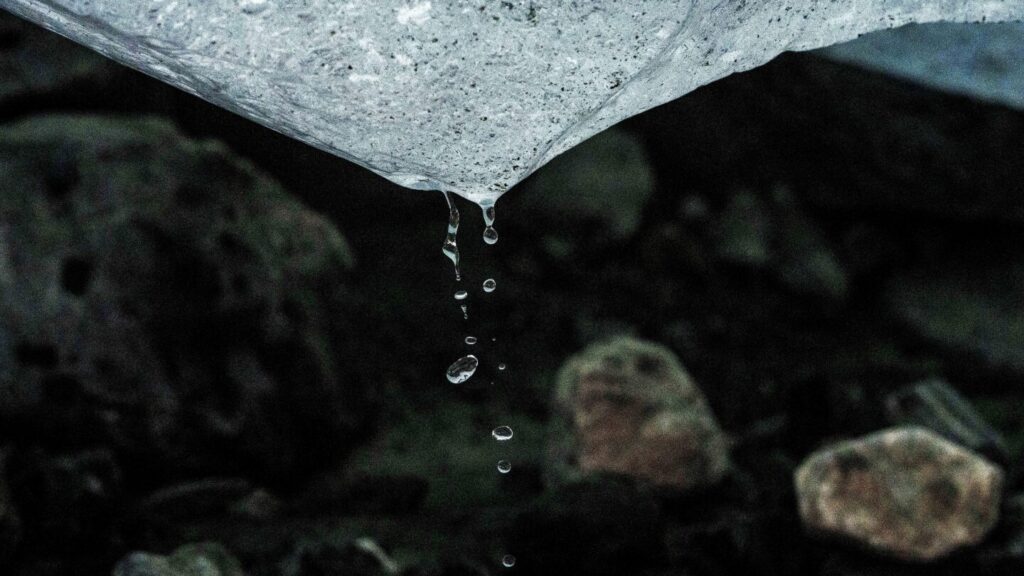A recent study highlights the accelerating melting of glaciers worldwide due to climate change, indicating that glaciers are now shrinking more than twice as fast as they were in the early 2000s. From 2000 to 2011, glaciers lost ice at a rate of approximately 255 billion tons per year, but this rate increased to about 346 billion tons per year over the next decade and reached a record loss of 640 billion tons in 2023. In total, glaciers have lost over 7 trillion tons of ice since 2000.
Alaska is reported as the fastest melting region, losing around 67 billion tons of ice annually. Central European glaciers have also seen significant reductions, now 39% smaller than in 2000. Experts emphasize the urgency of the situation, noting that the current glacier melt is unprecedented and driven by climate change, contrasting with historical fluctuations that had local causes.
While some areas may benefit from increased water supply due to melting glaciers, the long-term effects include significant contributions to sea level rise. The study’s findings suggest a troubling trend, with predictions of worsening conditions ahead as global warming continues to escalate.
Source link


